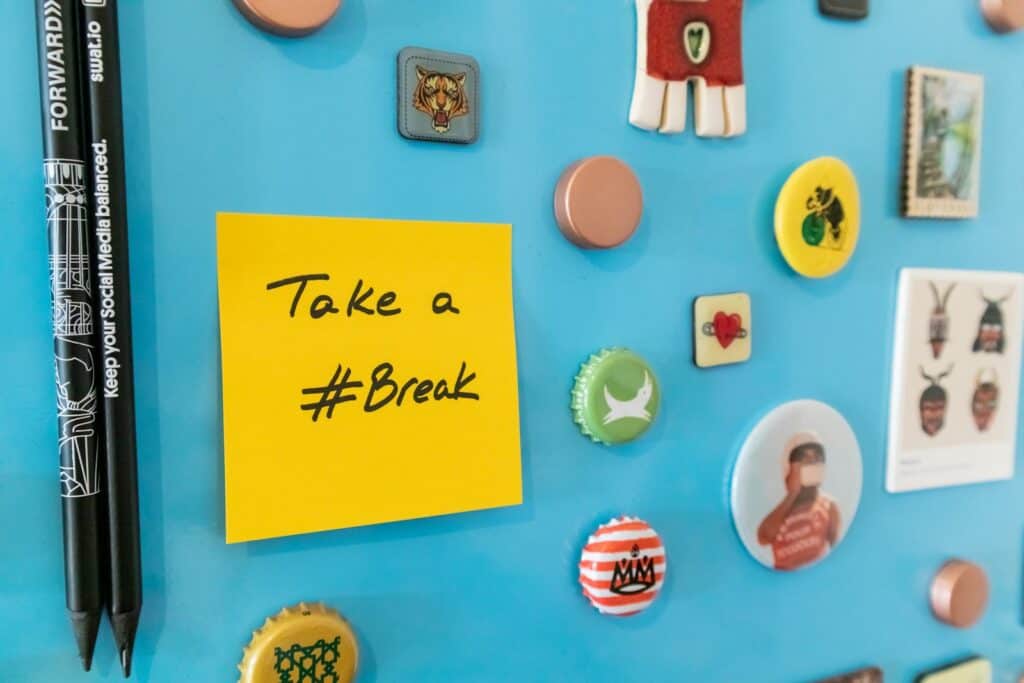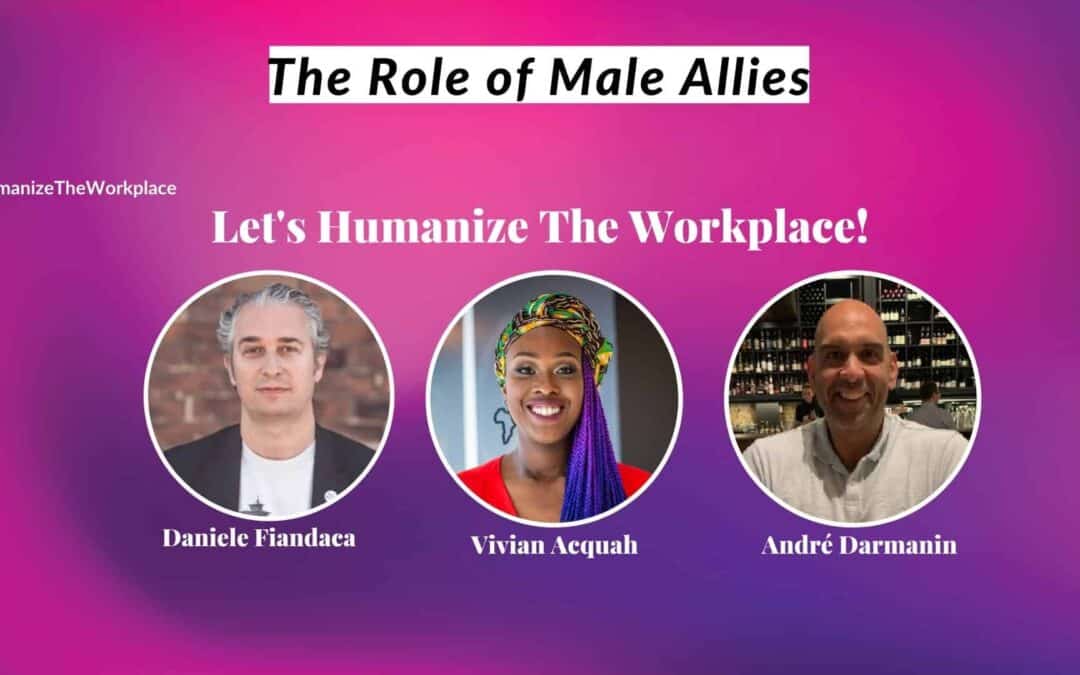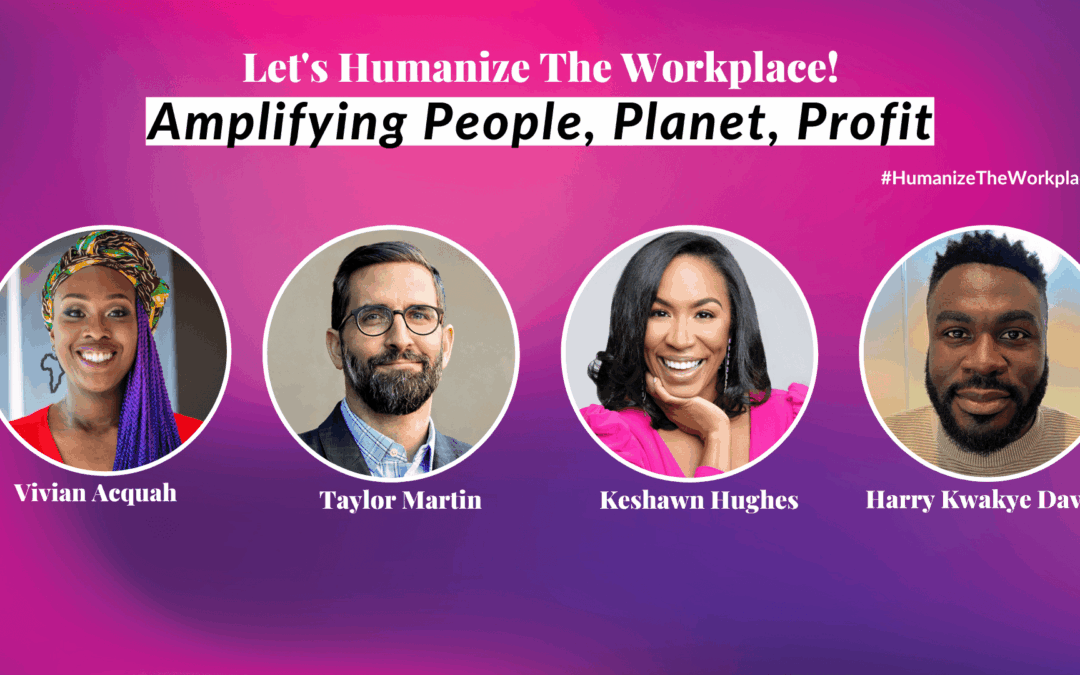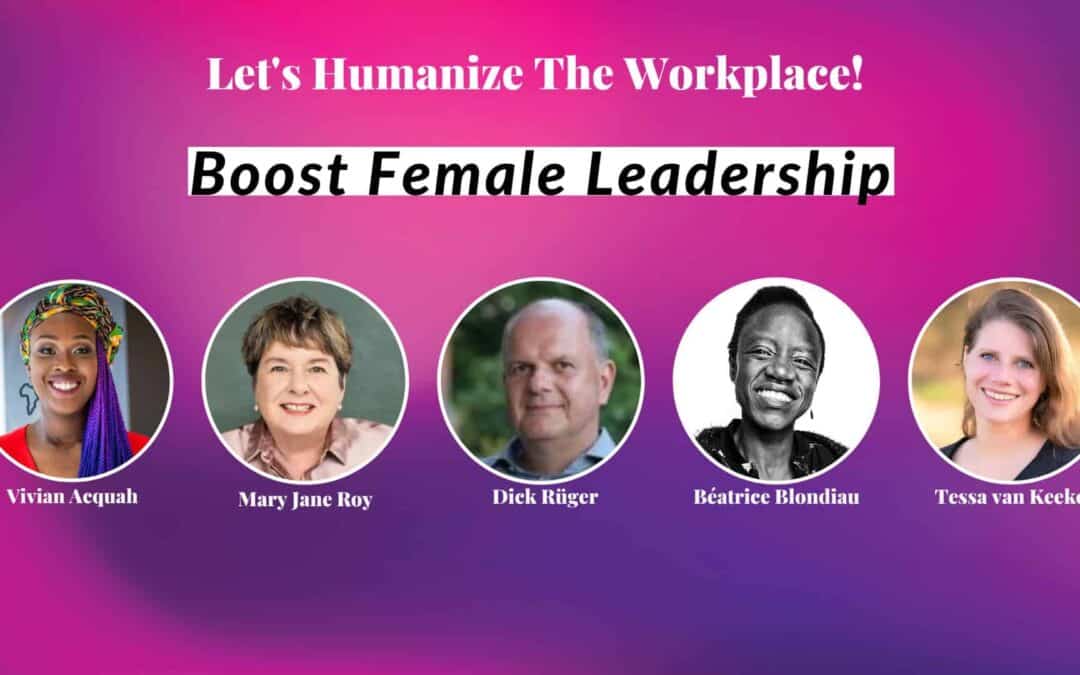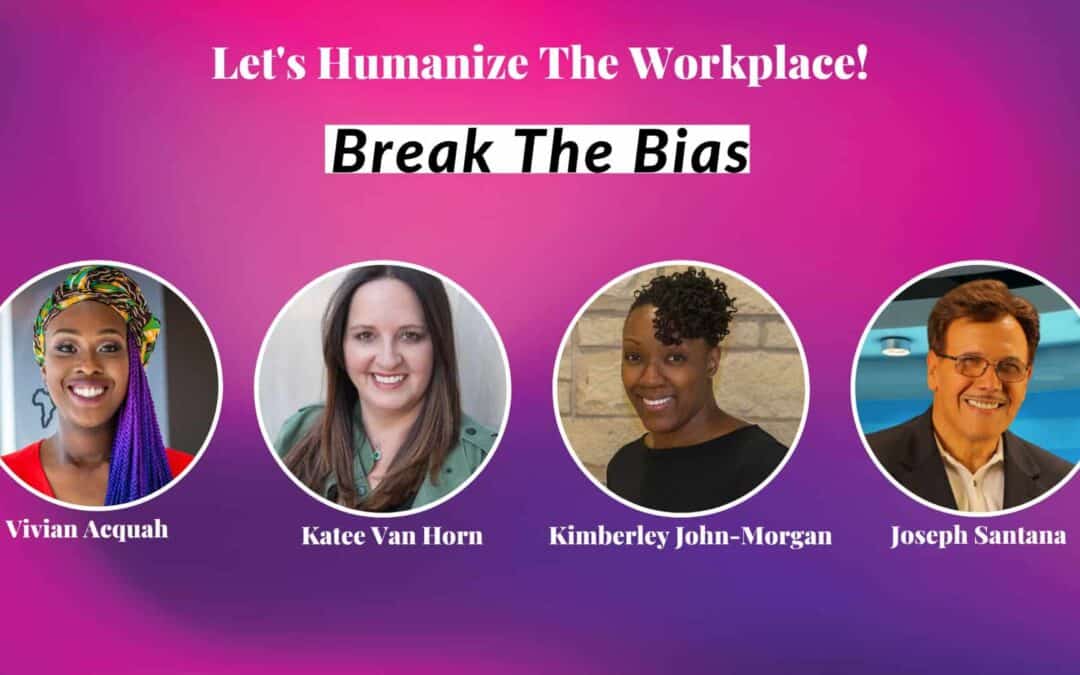The Role of Inclusive Workshop Facilitator in Transforming Teams
What does it take for a group of people to truly work together at their best? It’s not about simply putting them in a room and hoping for the best. It’s about creating an environment where ideas are shared openly, communication flows freely, and decisions are made with purpose. This is where inclusive workshop facilitator come in. By bringing objectivity, expertise, and a tailored approach, they have the power to transform teams, boosting not just performance, but morale and alignment too.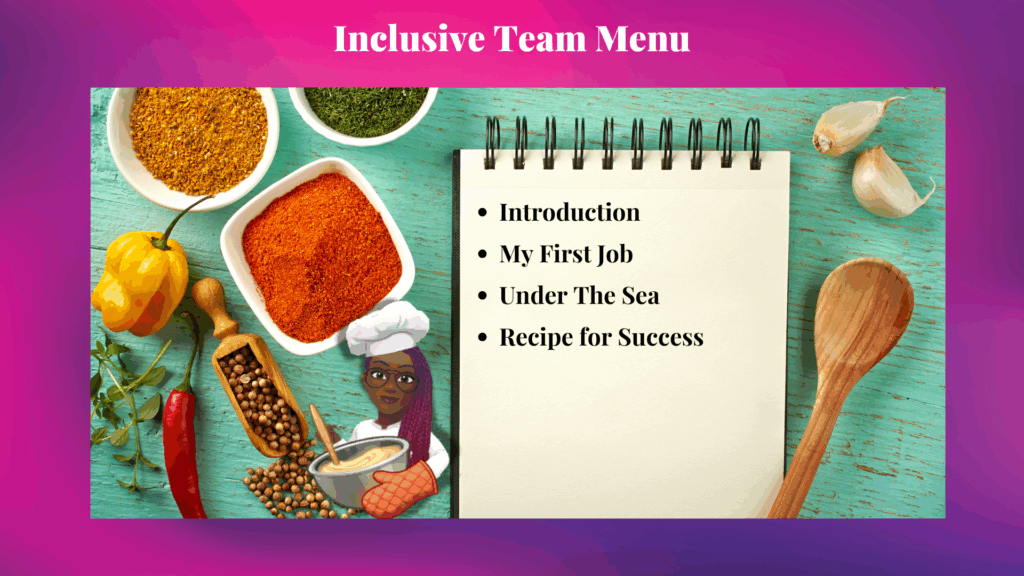
What Does an Inclusive Workshop Facilitator Do?
The role of an inclusive workshop facilitator is multifaceted. At their core, they help groups work more effectively, whether that’s solving problems, clarifying strategies, or brainstorming innovative ideas. But beyond their logistical role, facilitators create a safe space for open, honest conversations. They ensure every voice is heard, disagreements are handled constructively, and teams leave with tangible outcomes.
Their work isn’t about dictating; it’s about fostering collaboration. By focusing on inclusivity, facilitators encourage teams to explore diverse perspectives. This kind of engagement doesn’t happen by accident; it’s carefully designed and skillfully guided.
Types of Workshops They Facilitate
The variety of workshops supported by an inclusive facilitator is immense, offering wide-ranging benefits depending on the organisation’s needs. Here’s a look at some of the most impactful types.
Problem-Solving Workshops
When a team faces a complex challenge, a workshop facilitator is key to unlocking solutions. Through guided exercises, they promote creativity and encourage groups to reframe the problem. Sometimes, all it takes is one shift in perspective to uncover a breakthrough.
Strategy Development Sessions
Strategic alignment is essential for any team. Facilitators help organisations zero in on their biggest challenges and set priorities, ensuring everyone is working toward the same goals. These sessions provide clarity, turning confusion into direction.
Leadership Development Workshops
Building strong leaders is critical for long-term success. Facilitators lead sessions that strengthen leadership skills, provide actionable insights, and inspire growth. It’s not about one-size-fits-all advice; it’s about helping leaders adapt and excel within their specific contexts.
Design Thinking Sprints
Design thinking is all about generating creative solutions. Facilitators use this methodology to guide teams through ideation and prototyping, empowering them to quickly test and refine ideas. Whether it’s for a product, service, or process, design sprints encourage bold thinking and rapid experimentation.
Team Building and Hackathons
Team dynamics matter. Building trust, cohesion, and effective communication aren’t optional; they’re necessary for high-performing teams. Facilitators lead team-building workshops and even hackathons to strengthen bonds, address tensions, and boost collective problem-solving.
Retrospectives
Looking back isn’t just about reflecting; it’s about learning and improving. Facilitators create the structure for effective retrospectives, where teams can celebrate successes, unpack challenges, and explore what could have been done differently. These honest conversations can spark real growth.
Team Retreats
Sometimes, stepping outside of the office is exactly what a team needs. Retreats led by skilled facilitators encourage deeper reflection, creative thinking, and a renewed sense of connection. Facilitators ensure these sessions are not just productive but also enjoyable.

The Benefits of Facilitated Workshops
Inclusive workshops aren’t just about ticking boxes; they’re about unlocking potential. Here are some key benefits these sessions bring to the table.
Igniting Creativity
A workshop facilitators know how to guide teams out of their usual thought patterns. With fresh perspectives and structured activities, they encourage people to think differently. The results? Innovative ideas and creative solutions that might otherwise never see the light of day.
Achieving Alignment
Without alignment, even the most talented teams struggle. Facilitators bring focus and structure to discussions, helping groups clarify their objectives and priorities. By the end of a session, chaos turns into clarity.
Boosting Morale
Workshops shouldn’t feel like a chore. Effective facilitators inject energy and enthusiasm, making even serious discussions engaging and motivating. A well-run session leaves teams feeling more connected and confident in their abilities.
Improving Performance
The outcomes of a well-facilitated workshop are tangible. Whether it’s enhanced communication or more efficient collaboration, teams leave better equipped to tackle their challenges and achieve their goals.
The Investment vs. The Hidden Costs of Not Hiring
There’s no denying that hiring a professional workshop facilitator is an investment. But what about the costs of not hiring one? These hidden consequences can be far more expensive in the long run.
Lost Productivity
How often do meetings or brainstorming sessions stretch on without reaching meaningful conclusions? Without a facilitator, teams can easily lose focus, wasting hours spinning their wheels.
Team Misalignment
When people aren’t on the same page, efforts become redundant or worse: counterproductive. Misalignment breeds inefficiency, frustration, and sometimes even conflict.
Missed Opportunities
Opportunities for innovation don’t come around every day. And without someone to guide discussions and foster creativity, brilliant ideas can easily get lost in noise or hesitation.
Erosion of Morale
Poorly run workshops can drain energy and enthusiasm. When teams feel unheard or unsupported, disengagement follows. Worse, unresolved tensions can lead to lasting damage in relationships and workplace culture.
An inclusive workshop facilitator prevents these pitfalls, ensuring the time and energy spent in workshops yield results.
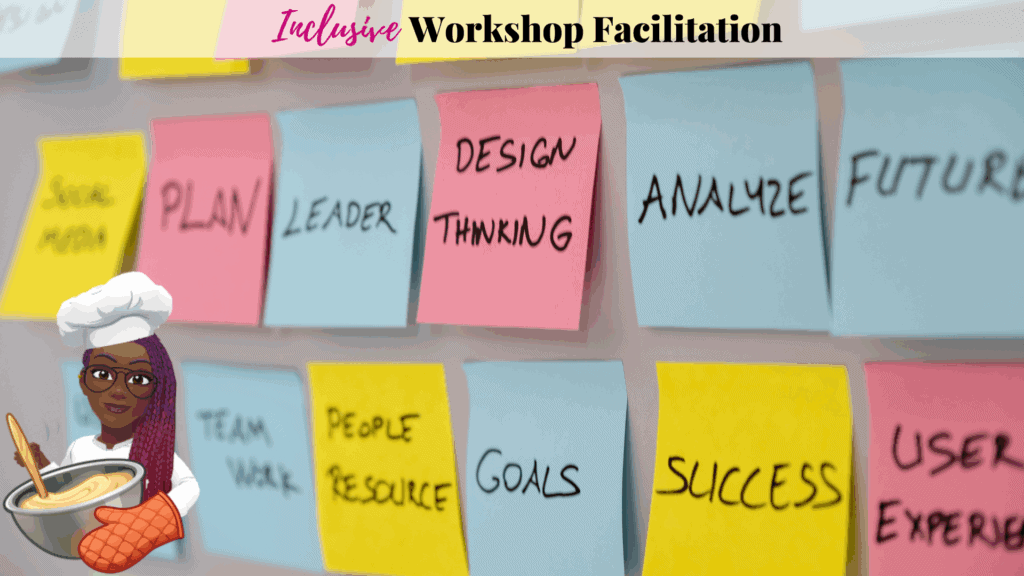 Inclusive Workshop Facilitation
Inclusive Workshop Facilitation
A Facilitator’s Superpower: Reading the Room
One of the unique advantages an external facilitator brings is their ability to read the room. They pick up on subtle dynamics that might escape notice, adjusting their approach to bring everyone into the conversation.
By staying impartial, they prevent dominant voices from overshadowing quieter participants. And their energy? It’s contagious. A talented facilitator knows how to lift a group’s spirits, turning dry topics into lively, engaging discussions.
Conflict doesn’t intimidate them, either. Instead, they leverage it. By guiding teams through disagreements constructively, facilitators help uncover powerful insights and solutions.
Mentorship for Leaders
It’s not just teams that benefit from facilitators: leaders do too. Acting as impartial advisers, facilitators provide a safe space for executives to think critically. With their outside perspective, they offer fresh ideas for handling sensitive challenges and navigating tough decisions.
For leaders, this relationship is about more than just guidance. It’s knowing there’s someone who genuinely listens and helps without bias, always steering toward the best outcome.
Driving Participation and Engagement
When facilitators take the reins, the atmosphere changes. Employees feel encouraged to speak up, even if their ideas challenge the norms. The inclusive environment makes room for dialogue, promoting creativity, trust, and engagement. These interactions spark new ideas, building momentum that carries beyond the workshop itself.
It’s Time to Transform Your Team
Inclusive workshop facilitators are more than just guides. They’re catalysts for change, helping teams unlock their potential one session at a time. From solving complex problems to strengthening relationships and aligning strategies, their value is undeniable.
What challenges is your team facing? What goals feel just out of reach? Partner with a facilitator and see the difference structured collaboration can make. By working together, you can foster fresh ideas, deeper connections, and lasting success.
Now is the time to invest in your team’s future. The results will speak for themselves.
What is the role of an inclusive workshop facilitator?
What types of workshops do they typically lead?
Problem-solving workshops for tackling complex challenges.
Strategy development sessions for setting clear priorities.
Leadership development workshops for building stronger leaders.
Design thinking sprints that focus on creative ideation and prototyping.
Team building activities or hackathons to strengthen relationships and collaboration.
Retrospectives and team retreats to reflect, learn, and grow.
What are the benefits of having a facilitator-led workshop?
How does a facilitator handle team dynamics and conflict?
Why should teams invest in hiring an inclusive workshop facilitator?
What value do facilitators offer to leaders?
By partnering with an inclusive facilitator, teams and leaders alike can unlock their full potential and achieve lasting success.
